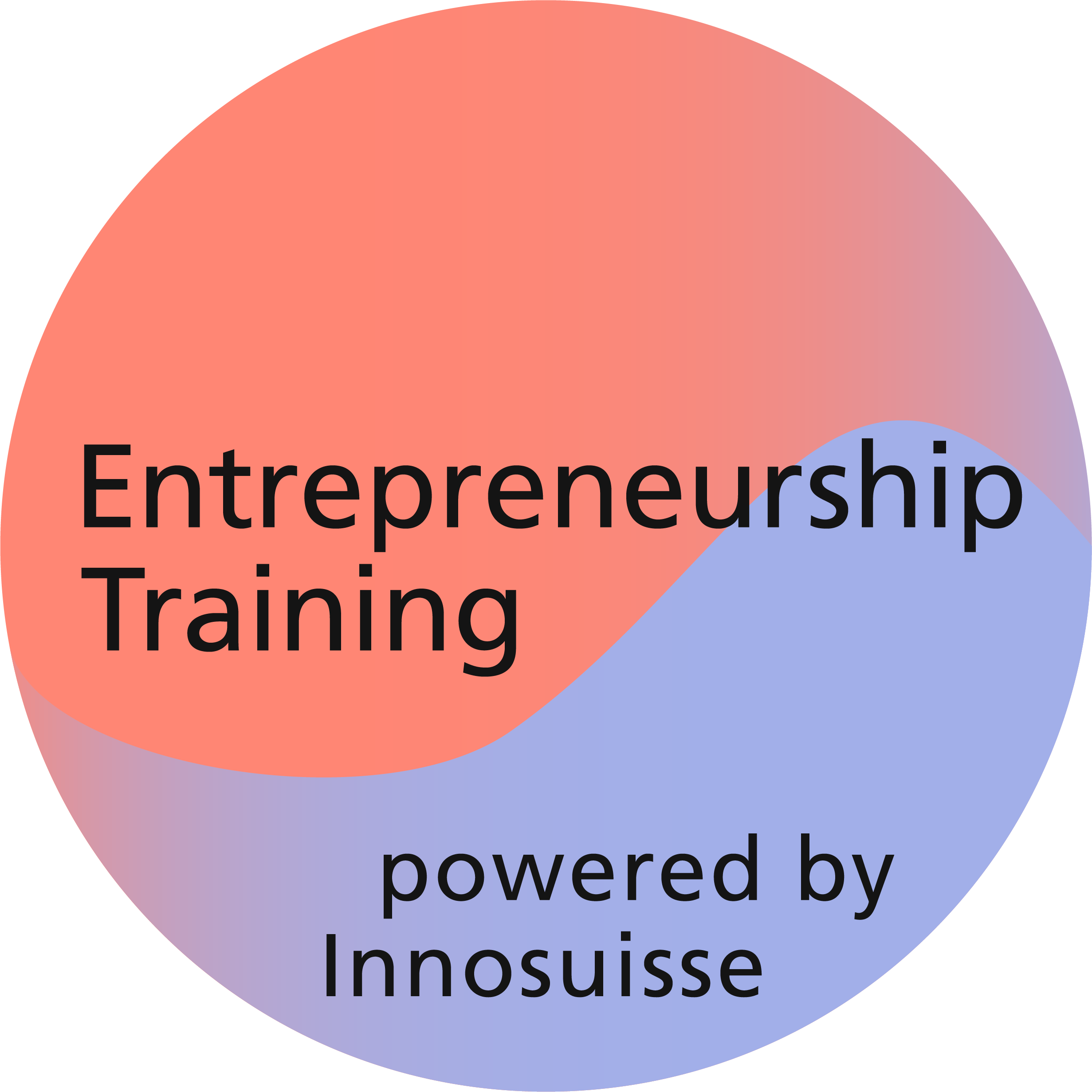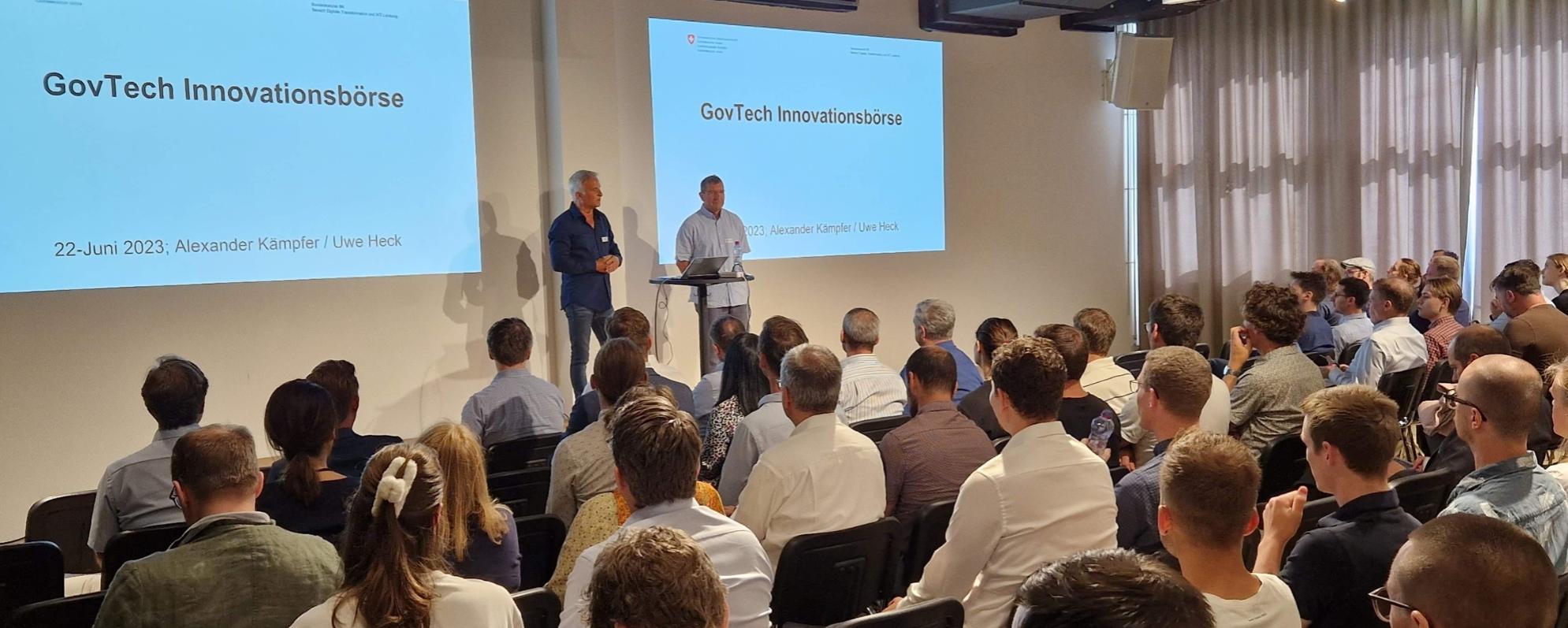An entrepreneur, an investor, and a lawyer participate in an interview series… What sounds like the setup for a joke is serious business: In a new series, we present three different perspectives on convertible loans, term sheets, and shareholders’ agreements so that you can gain new insights to negotiate with more confidence. We begin the final segment of the series with Dr. Nadine Geiser’s investor perspective on shareholders’ agreements.

Nadine, what are the deal breakers in a shareholders’ agreement (SHA)—between the founders themselves or between the founders and the previous investors—that lead you to step away from the deal?
In my view, the economics are typically not the reason to step away; it is more about the control terms in the SHA:
- Board of directors: The investors want to make sure that their money is put to good use and, hence, often focus on including terms that allow the investor or an investor majority to block certain decisions—for example, when the founders take the proceeds of the current financing round to buy a Ferrari. It is a red flag for us if we, as an investor, can’t get the founders to agree on some decision rights for the board, despite the investors holding only a minority in the company.
- Drag-along rights: This is one of the terms that matter a lot when things fall apart. This term can force both investors and founders to agree to a deal.
- Strong control rights for a previous investor: If one of the previous investors (for example, a strategic investor) is too powerful. It would be a red flag if, in the scenario of an exit, this party can avoid that a competitor of the strategic investor buys the company without the strategic investor needing to put in a higher offer.
I also think this is what differentiates the good lawyers from the bad: The good lawyers will help you find solutions that accommodate the concerns of all parties, whereas the bad lawyers will try to cover their clients’ needs at all costs. Having a good lawyer will also help to avoid that anybody steps away from the deal.
What are the key points you absolutely want to have in an SHA?
- Rules and procedures around decision-making (important board matters, important shareholder matters)
- Right of first refusal and drag-along rights
- Information rights
- Conversion
What are the elements you would not accept in an SHA?
If the founders/management wish to be able to make material changes to the company’s business without the consent of the investors, such as a capital increase or an exit.
Entrepreneurs are often worried they will lose control when giving too many board seats. What do you tell them?
I agree to keep the board as small as possible to enable the company to make decisions quickly. However, with every financing round, the investor base will grow and many of them have a requirement to be represented on the board. Therefore, we tell our founders to really try to get to know the investors, get reference checks from previous companies they invested in, and perform their own due diligence on the specific party.
What do you consider when setting the decision-making rules, such as required voting thresholds?
We look at the different shareholdings of different parties (mainly founders and investors) and try to see if one party can make a decision alone. This is a situation that we typically try to avoid for both investors and founders.
To learn more about different financing options and get the possibility to pitch in front of investors, sign up for the Innosuisse Start-up Training.
Related stories

How to create better shareholders’ agreements—an entrepreneur’s perspective
An entrepreneur, an investor, and a lawyer participate in an interview series… What sounds like the setup for a joke is serious business: In a new series, we pr...

How to create better shareholders’ agreements—a lawyer’s perspective
An entrepreneur, an investor, and a lawyer participate in an interview series… What sounds like the setup for a joke is serious business: In a new series, we pr...

How to better prepare term sheets—an investor’s perspective
An entrepreneur, an investor, and a lawyer participate in an interview series… What sounds like the setup for a joke is serious business: In a new series, we pr...

How to better prepare term sheets—an entrepreneur’s perspective
An entrepreneur, an investor, and a lawyer participate in an interview series… What sounds like the setup for a joke is serious business: In a new series, we pr...

How to better prepare term sheets—a lawyer’s perspective
An entrepreneur, an investor, and a lawyer participate in an interview series… What sounds like the setup for a joke is serious business: In a new series, we pr...

How to better negotiate convertible loans—an investor’s perspective
An entrepreneur, an investor, and a lawyer participate in an interview series… What sounds like the setup for a joke is serious business: In a new series, we pr...

How to better negotiate convertible loans—a lawyer’s perspective
An entrepreneur, an investor, and a lawyer participate in an interview series… What sounds like the setup for a joke is serious business: In a new series, we pr...

How to better negotiate convertible loans—an entrepreneur’s perspective
An entrepreneur, an investor, and a lawyer participate in an interview series… What sounds like the setup for a joke is serious business: In a new series, we pr...

